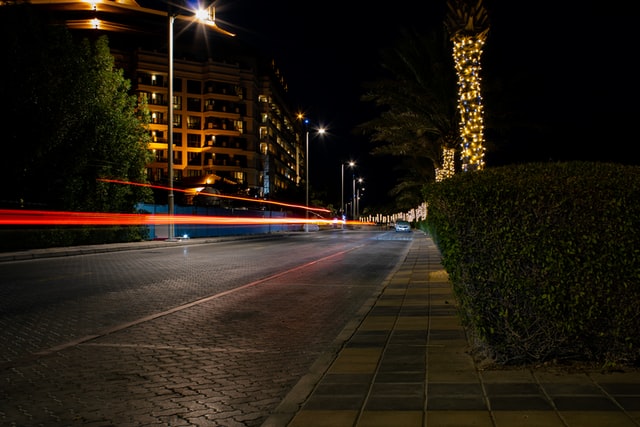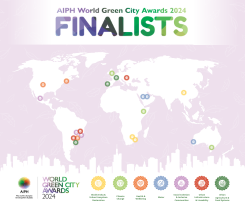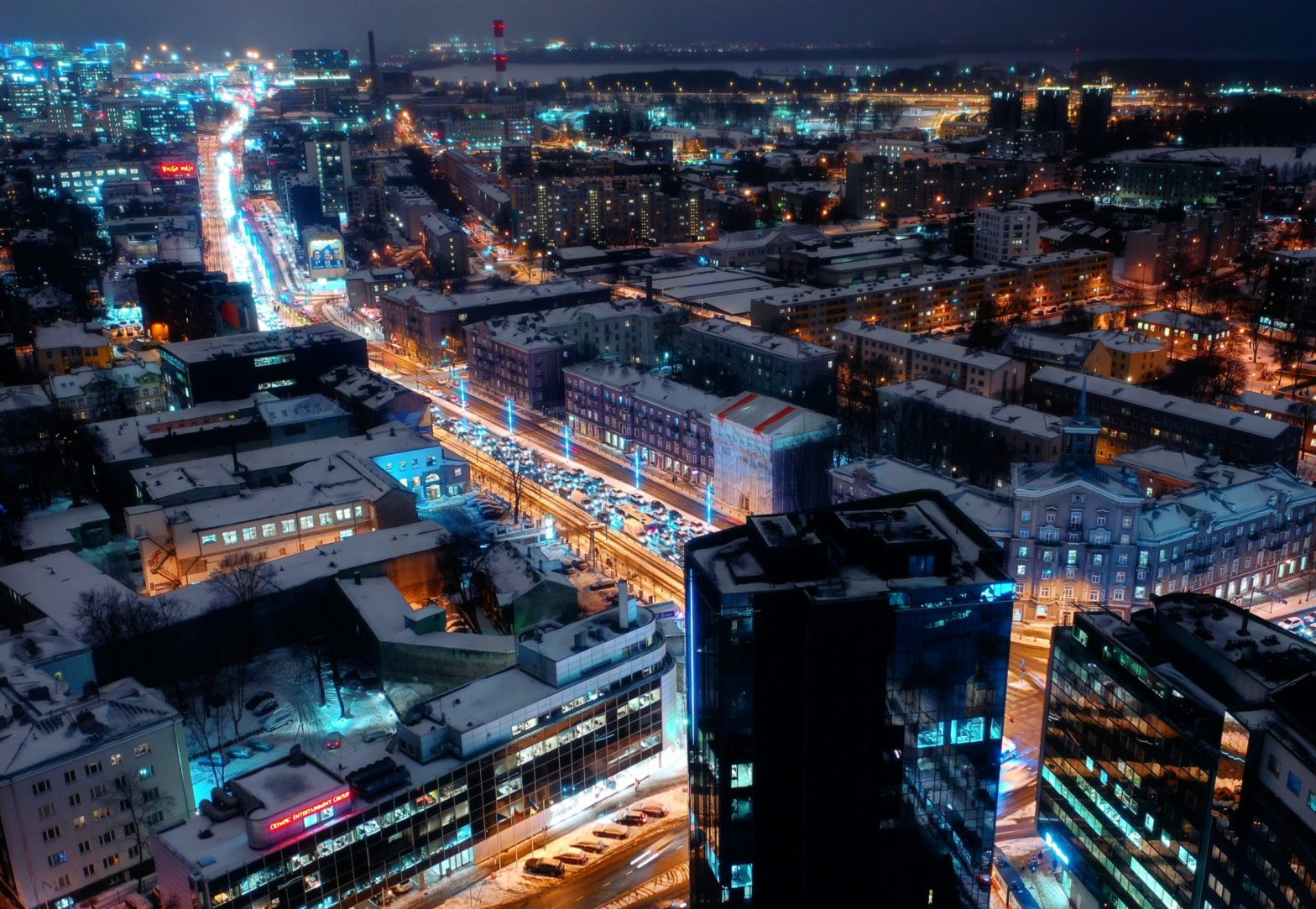
Photo: Image: Lukas Stoermer: Unsplash
Cities are tapping their assets to close the digital divide
28 September 2022
by Sarah Wray
More US cities are seeking input on how to increase internet access by leveraging assets they own such as streetlights and buildings.
Chicago has launched a Request for Information (RFI) and Philadelphia’s Request for Ideas is closing soon.
More than 206,000 Chicago households (approximately 17 percent) don’t have the internet at home, and over 115,000 don’t have a computer.
The RFI, which closes on 7 November, is looking for ways to increase broadband access in communities with low rates of internet adoption. The city is particularly interested in hearing “creative” ideas on how to leverage physical assets such as light poles and rooftops.
The solicitation builds on the Chicago Connected programme which launched in June 2020 and provides no-cost internet to qualifying Chicago Public Schools families for four years. So far it has connected more than 60,000 households – around 100,000 students – to at-home broadband and also makes digital learning resources available.
Thinking “big and bold”
The RFI document states: “Thanks to the Biden Administration’s historic broadband investments, paired with Mayor Lightfoot’s US$28 million Chicago Recovery Plan allocation for neighbourhood broadband initiatives, now is an opportune time for Chicago to take big, bold action to close the digital divide once and for all.”
Responses are encouraged from network builders, operators and investors, as well as philanthropic foundations interested in supporting broadband connectivity solutions.
“Today marks an important milestone in our commitment to ensuring all Chicagoans have affordable, quality broadband options that work for them,” said Mayor Lori Lightfoot. “Through the Chicago Recovery Plan, I committed to expanding upon Chicago Connected and increasing broadband affordability and accessibility in communities. Now, I am thrilled to be collaborating with mission-aligned city departments and sister agencies to elicit innovative digital equity recommendations and bring this vision to life.”
Finding funding
Philadelphia’s RFI, issued by the Office of Innovation and Technology with the Office of Transportation, Infrastructure, and Sustainability, closes September 30 and aims to unearth sustainable funding options for digital equity programmes.
A 2021 survey found that 16 percent of Philadelphia households remain without wired home broadband, with lower-income neighbourhoods most affected.
The RFI states that: “The city is interested in addressing its digital divide through creative public-private partnership models that offer the use of publicly owned assets to the marketplace in exchange for revenue generation and/or service provision directed toward digital equity goals.”
The need to create a revenue stream was outlined in Philadelphia’s Digital Equity Plan which launched in January.
Examples referenced in the RFI include free or low-cost high-speed wireless networks; digital advertising; infrastructure sensors for applications such as transport analytics and public space management; video analytics; and lighting controls. Potential assets include city-owned buildings and facilities; streetlights; gas, water and electricity utility systems; traffic systems; and vehicle fleets.
“Providers are encouraged to be creative and consider a diverse array of potential uses such as public Wi-Fi, public safety, and the use of sensor technology to support various IoE (Internet of Everything) devices,” Philadelphia’s RFI says.
Philadelphia also launched PHLConnectED in 2020 in response to the pandemic and it has provided over 22,500 free internet connections to pre-K–12 households.
Responses to the RFIs could help the cities draft any subsequent Requests for Proposals (RFPs).
Growing trend
Leveraging existing assets was a key tenet of New York’s Internet Master Plan, launched in January 2020 under former Mayor Bill de Blasio. The plan is being re-evaluated by Mayor Eric Adams’ administration, but the city recently announced the Big Apple Connect programme to make free high-speed internet and basic cable TV available to 300,000 residents in over 200 New York City Housing Authority developments by the end of 2023.
In May, Washington, D.C. Mayor Muriel Bowser announced a programme to give companies free access to city-owned rooftops if they provide high-speed services at reduced or no cost to low-income residents.










